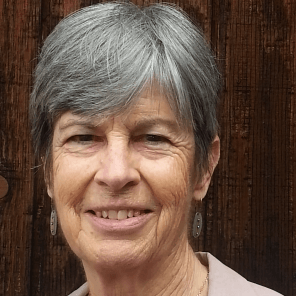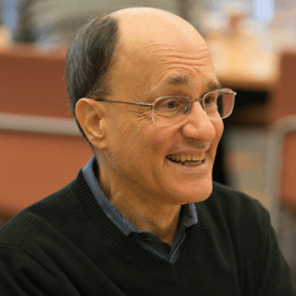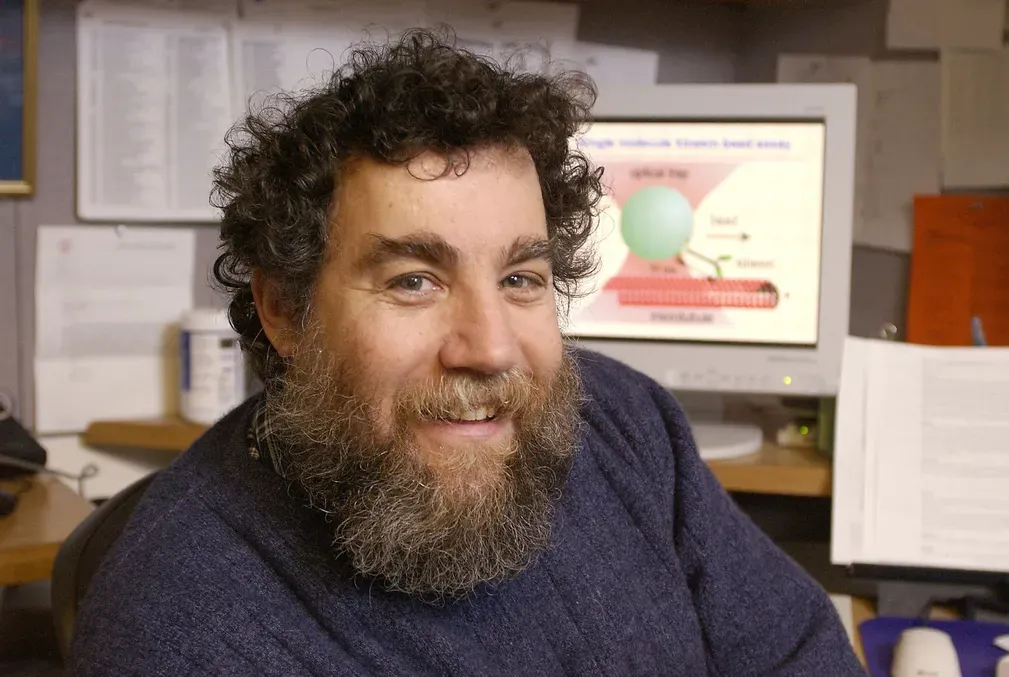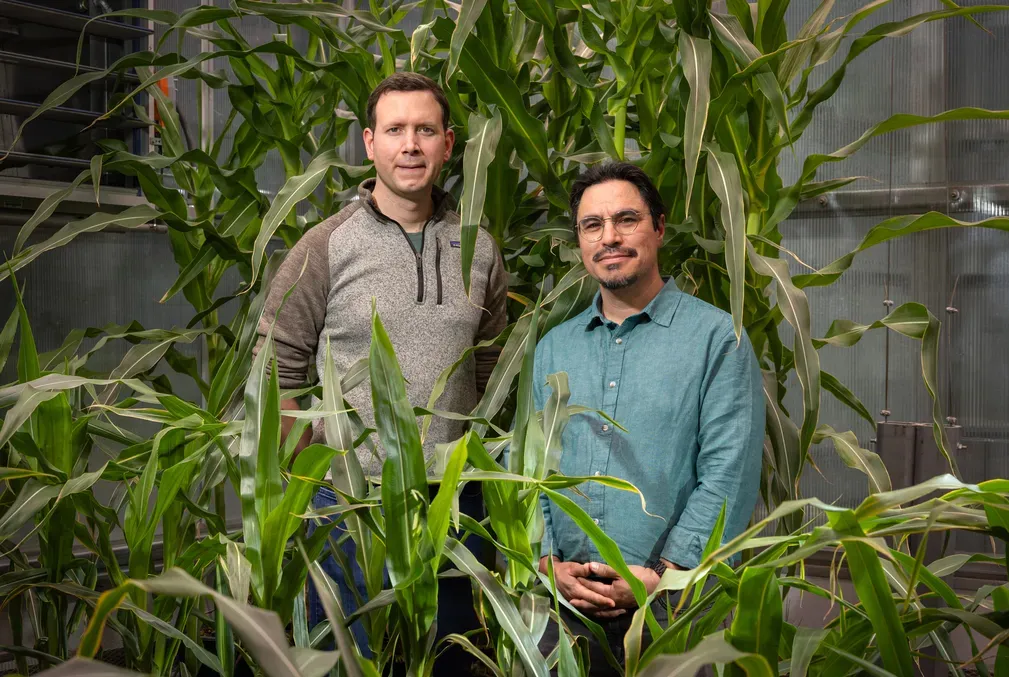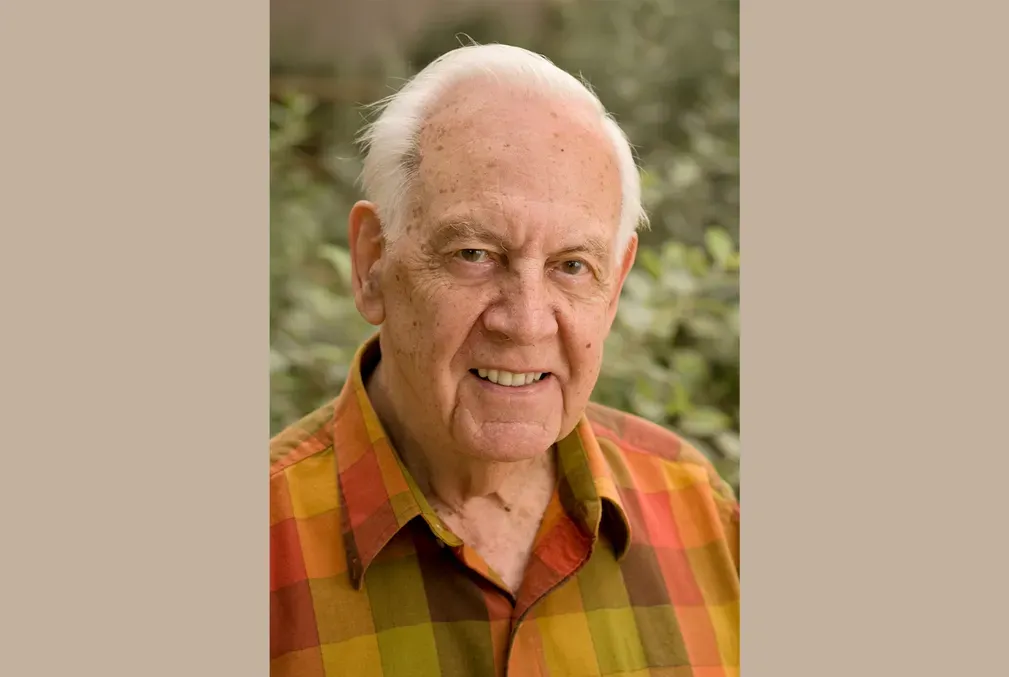Two Stanford philosophy professors honored by American Philosophical Association
Helen Longino is recognized for her work in philosophical naturalism and feminist epistemology, and Michael Friedman for his work on the philosophy of Immanuel Kant.
Two philosophy professors in Stanford’s School of Humanities and Sciences have received honors from the American Philosophical Association (APA). Helen Longino, the Clarence Irving Lewis Professor in Philosophy, and Michael Friedman, the Suppes Professor of Philosophy of Science, have been honored for their contributions to the field. As part of the award, they will each give lectures in 2021.
Longino will be presenting the Patrick Romanell Lecture on the topic of philosophical naturalism. Philosophical naturalism acknowledges that all beings and events in the universe are natural, suggesting that scientific inquiry can be used to reveal important philosophical truths. Longino will focus on the methodology of applying naturalism in philosophy. The selection committee noted her “groundbreaking work in exploring the social dimensions of epistemology and philosophy of science” as well as her “important work in feminist epistemology.”
Longino said she was particularly gratified that her work in feminist epistemology had been acknowledged by her peers.
“I think that feminists in philosophy have challenged many presuppositions of philosophy that look on the surface to be insubstantial, but that reach deep into the discipline,” she said. “While some of my work explicitly addresses feminist concerns, much is engaged with topics of general philosophical interest. I see this award as part of an ongoing shift in the attitudes of the profession to feminist and feminist-inspired philosophical work, from dismissal to inclusion.”
Acknowledging Friedman’s 35-years of contributions to the field of Kantian philosophy, the APA selected him to present the de Gruyter Kant lecture. In making the award, the APA recognized his work at the intersection of Kant studies, the philosophy of science, and the history of 20th-century philosophy.
Friedman said a primary focus of his lecture will be Kant's philosophy of physical science, which places conditions on our scientific knowledge of the world while still respecting the autonomy of particular sciences. The topic was the major focus of Friedman’s Kant research earlier in his career. “Recently I have been devoting myself to the connections between Kant's work on philosophy of physical science with his moral philosophy,” he said. “So this topic, which I call ‘the Kantian bridge between nature and freedom,’ will also be important in my de Gruyter Lecture.”
For Friedman, who gave the John Dewey Lecture to the APA last year, this award presents another welcome opportunity to tell the story of the development of his philosophical work.
